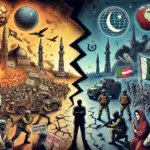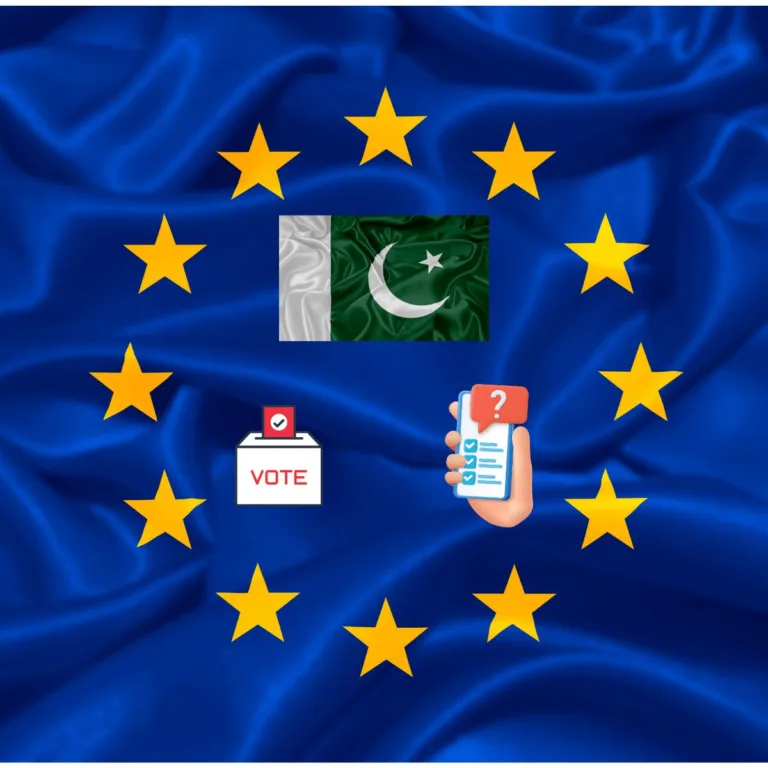I quite literally stumbled upon the prospects of doing a PhD when halfway through my official editorial internship at the Eastern Eye newspaper I was informed by my MA coordinator that I will still have to write a dissertation as partial fulfillment of my MA program as well. Normally a student is given a choice to do either of the two but as it turned out I ended up with a lot of extra work. However, what started of as a mere accident turned out to be a blessing as the learning, networking, contact building and field experience I acquired in the process made my masters experience truly grand besides opening a whole new career opportunity in academia.
I secured a first class on my dissertation supervised by the very able Dr. Brilliant Mhlanga who is a mentor and a great friend. Here is an abstract of my dissertation. Please feel free to post a critique in the comments section. Cheers!
Thesis title: MEDIA AS A CATALYST FOR STRUCTURAL CHANGE IN PAKISTAN
ABSTRACT
This study is an investigation of the rise of the public sphere in Pakistan after the liberalization of media at the end of the Kargil conflict 1999, its implication for public participation in policy making and the potential for structural change of Pakistani institutions as a result. The basic notion of media theory is that politics and ideology of a country have direct consequences on the media power models in a society. If that is the case then does it logically follows that the reverse may also hold true? This is the premise of this investigation. To this effect problems of a colonial past unique to Pakistan and indeed South Asia are juxtaposed with the nature and development of Journalism in Pakistan before and after Independence in 1947 with particular emphasis on the political economy of newspaper and television media after promulgation of PEMRA Ordinance 2002. The study follows a qualitative research paradigm with an interpretive and constructivist epistemology by utilizing a combination of stakeholder mapping technique with a case study paradigm. The findings indicate that the paradigm shift in the mobilization of public opinion after 2001 has caused a significant amplification of public voices, that there is no doubt that private media has emerged as a vanguard for the publics especially under the lens of the Lawyers Movement in 2007 and that there is strong evidence to suggest that public policy is not as ambiguous and arbitrary as Pakistanis are led to believe. The assertions surmise that sorting the right balance in the nexus of power between a socially responsible and authoritative media can theoretically effect a similar healthy change in other institutions of the Pakistani State.
I will upload the link to the entire thesis very soon but if you have any specific queries you can email me directly at siddiqui.aayaz@gmail.com.










